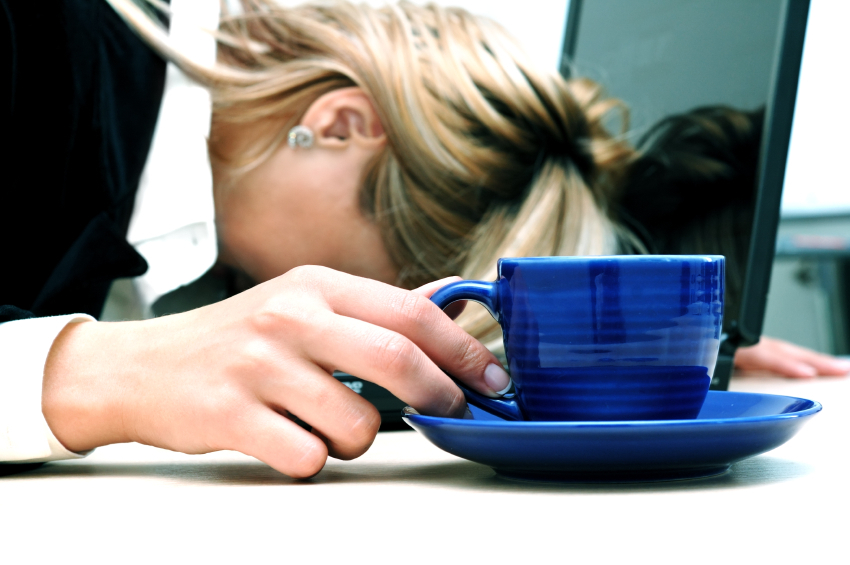The Sleep Blues: Is your computer screen keeping you awake?
 Saturday, July 9, 2011 at 08:53PM
Saturday, July 9, 2011 at 08:53PM  Blue light at night can lead to an unproductive day.By Dr. John
Blue light at night can lead to an unproductive day.By Dr. John
In 1893, Nikoli Tesla lit up the night at the Columbian Exposition in Chicago. His inventions in alternating electric current, together with Edison’s work on filaments, allowed us to end night at will. Now ubiquitous, artificial lighting disrupts sleep by inhibiting the production of melatonin, the light-sensitive hormone that induces sleep. As Laura Beil writes in New York Times:
Light hitting the retina suppresses the production of melatonin — and there lies the rub. In this modern world, our eyes are flooded with light well after dusk, contrary to our evolutionary programming. Scientists are just beginning to understand the potential health consequences. The disruption of circadian cycles may not just be shortchanging our sleep, they have found, but also contributing to a host of diseases.
In the computer age, we are taking the lighting revolution a step further; a step that may be giving us the Sleep Blues. While light of any wavelength can disrupt sleep, blue wavelengths, such as those emitted by the computer screen you are using, appear to be the most disruptive. Beil, quoting neurologist and sleep specialist Dr. George Brainard:
An LED screen bright enough and big enough “could be giving you an alert stimulus at a time that will frustrate your body’s ability to go to sleep later,” said Dr. Brainard. “When you turn it off, it doesn’t mean that instantly the alerting effects go away. There’s an underlying biology that’s stimulated.
Incandescent bulbs, which produce more red wavelengths, appear to inhibit melatonin production less than the blue wavelengths given off by LED monitors and energy-efficient bulbs. Thus, if you enjoy bedtime reading but are having a hard time going to sleep, an “old fashioned” bedside lamp and a print book may be your best choice.
Related Posts
The end of night
Paleolithic & hunter-gatherer sleep
Dim lights at dusk for better sleep
Changes in brain architecture due to altered sleep/wake cycles
 Dr. George Brainard,
Dr. George Brainard,  LED monitors,
LED monitors,  Laura Bell,
Laura Bell,  Melatonin,
Melatonin,  Nikoli Tesla in
Nikoli Tesla in  Sleep
Sleep 

Reader Comments (2)
I'm sure I'd be better off getting off the computer before bed, but for now, I'm hoping that using F.lux (http://stereopsis.com/flux/) will help some. It adapts your screen based on the time where you are and warms it up once the sun goes down.
Very cool suggestion. I probably should try it out myself. Thanks for the great tip. - Dr. John